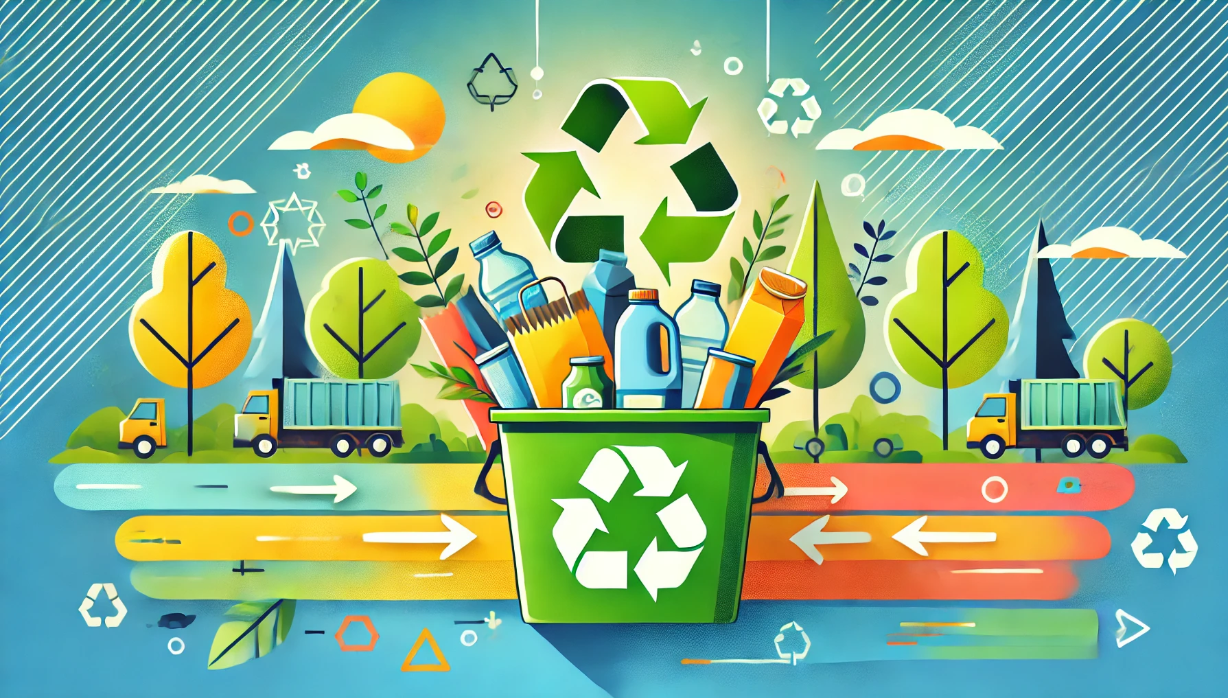
Recycling Unwanted Items: A Comprehensive Guide to Responsible Disposal
In today’s world, responsible disposal of unwanted items is more important than ever. With growing awareness of environmental issues, many people are looking for ways to reduce waste and recycle more effectively. However, knowing how to properly recycle various household items can be challenging. In this guide, we’ll explore the best practices for recycling unwanted items, discuss common materials that can be recycled, and offer tips for making eco-friendly disposal a part of your routine. Let’s dive into how you can make a positive impact on the environment by recycling your junk.
Why Recycling Unwanted Items Matters
Recycling unwanted items is about more than just clearing out your home—it's about protecting the environment and conserving valuable resources. Here are a few key reasons why recycling is so important:
1. Reduces Landfill Waste
- Less Waste: Every item that gets recycled is one less item that ends up in a landfill. This helps reduce the environmental impact of waste disposal and extends the life of landfill sites.
- Decomposing Waste: Items that end up in landfills can take years to decompose, releasing harmful chemicals and greenhouse gases into the environment. Recycling helps mitigate this issue.
2. Conserves Natural Resources
- Resource Recovery: Recycling allows materials to be reused, reducing the need for new raw materials. For example, recycling aluminum saves 95% of the energy required to produce new aluminum from raw ore.
- Sustainable Practices: By conserving resources, recycling supports sustainable manufacturing practices and reduces the strain on natural ecosystems.
3. Reduces Pollution
- Lower Emissions: Recycling reduces the energy required to manufacture new products, which in turn lowers greenhouse gas emissions.
- Cleaner Waterways: Proper disposal of hazardous materials through recycling helps prevent them from polluting waterways and harming aquatic life.
Common Items You Can Recycle
Recycling isn’t limited to just paper and plastic. Many household items can be recycled, keeping them out of landfills and giving them a new life. Here’s a list of common items you can recycle:
1. Electronics (E-waste)
- What You Can Recycle: Computers, laptops, smartphones, tablets, TVs, and other electronic devices.
- Why It’s Important: Electronics contain valuable materials like gold, silver, and copper, as well as hazardous substances like lead and mercury. Recycling them prevents these materials from harming the environment.
2. Appliances
- What You Can Recycle: Refrigerators, washing machines, dishwashers, microwaves, and other large appliances.
- Why It’s Important: Appliances contain metals and plastics that can be recycled. Some also contain refrigerants or other chemicals that need to be disposed of properly.
3. Furniture
- What You Can Recycle: Wooden furniture, metal frames, mattresses, and upholstered items.
- Why It’s Important: Recycling furniture reduces the demand for new materials and keeps bulky items out of landfills. Many components, like wood and metal, can be repurposed.
4. Clothing and Textiles
- What You Can Recycle: Clothes, shoes, bedding, and fabric scraps.
- Why It’s Important: Textiles can be recycled into new fabrics, insulation, and other products. Donating usable items to charity is another great way to keep them out of the landfill.
5. Household Items
- What You Can Recycle: Glass jars, plastic containers, metal cans, and paper products.
- Why It’s Important: These materials are commonly accepted by curbside recycling programs and can be easily processed into new products.
How to Recycle Unwanted Items: A Step-by-Step Guide
Recycling might seem straightforward, but it’s important to follow the right steps to ensure your items are recycled properly. Here’s a step-by-step guide to help you recycle your unwanted items efficiently:
1. Sort and Separate Your Items
- Categorize Your Junk: Start by sorting your items into categories like electronics, paper, metal, and plastic. This will make it easier to recycle them appropriately.
- Remove Contaminants: Ensure that items are clean and free of contaminants. For example, rinse out jars and cans before placing them in the recycling bin.
2. Research Local Recycling Options
- Check Local Guidelines: Different communities have different recycling programs. Check your local waste management website to find out what materials are accepted and where they can be dropped off.
- Specialty Recycling Centers: For items that aren’t accepted in curbside programs, such as electronics or hazardous materials, look for specialty recycling centers in your area.
3. Donate Usable Items
- Give Back: Before recycling, consider donating items that are still in good condition. Many charities and non-profits accept furniture, clothing, and electronics, helping those in need while reducing waste.
- Find Donation Centers: Locate donation centers or thrift stores in your area that will accept your items. Some organizations even offer free pickup for large donations.
4. Drop Off or Arrange Pickup
- Curbside Pickup: For items that are accepted by your local recycling program, place them in the designated recycling bins for curbside pickup.
- Drop-Off Locations: For larger items or materials not accepted curbside, take them to a local recycling center or arrange for a specialized pickup service.
Recycling Options for Common Household Items
| Item Type | Recycling Option | Additional Notes |
|---|---|---|
| Electronics (E-waste) | E-waste recycling centers, retail take-back programs | Remove personal data before recycling |
| Appliances | Appliance recycling centers, retailer programs | Some retailers offer trade-in or haul-away services |
| Furniture | Furniture donation centers, recycling facilities | Consider upcycling or repurposing before recycling |
| Clothing and Textiles | Textile recycling programs, charity donations | Some brands offer recycling programs for old clothes |
| Household Items | Curbside recycling, drop-off centers | Clean items and remove labels when possible |
The Benefits of Working with Professional Junk Removal Services
While you can handle recycling on your own, there are significant benefits to partnering with a professional junk removal service:
1. Convenience and Efficiency
- Hassle-Free Process: Professional services handle the sorting, hauling, and disposal of your unwanted items, saving you time and effort.
- Expertise: Junk removal professionals are experienced in managing a wide range of materials, ensuring that your items are recycled or disposed of properly.
2. Eco-Friendly Disposal
- Commitment to Recycling: Many junk removal services prioritize recycling and will take the time to separate recyclable materials from general waste.
- Sustainable Practices: Look for companies that have a strong commitment to sustainability, using eco-friendly vehicles and partnering with local recycling centers.
3. Safe Handling of Hazardous Materials
- Proper Disposal: Junk removal services are equipped to handle hazardous materials like electronics, batteries, and chemicals, ensuring they are disposed of safely and in compliance with regulations.
- Legal Compliance: Professional services are familiar with local, state, and federal disposal laws, helping you avoid potential fines or legal issues.
FAQs About Recycling Unwanted Items
Q: What items should I never put in the recycling bin?
Items like plastic bags, styrofoam, electronics, batteries, and hazardous materials should not be placed in curbside recycling bins. These items require special handling and should be taken to appropriate recycling centers.
Q: How can I find local recycling centers?
Check your local government or waste management website for information on nearby recycling centers. Many communities also offer apps or hotlines that provide details on where to recycle specific items.
Q: Can I recycle items that are partially broken or damaged?
Yes, many recycling centers can still accept items that are broken or damaged, especially if they contain valuable materials like metals or plastics. Be sure to check with your local center for specific guidelines.
Q: What should I do with large items like furniture or appliances?
Large items can often be recycled at specialty recycling centers or through retailer take-back programs. You can also consider donating items that are still in good condition.
Q: Are there any recycling programs that offer pickup services?
Yes, some recycling programs offer pickup services for large items like electronics or appliances. Check with local waste management or retailers to see if this option is available in your area.
EMAIL US
Get A Free Estimate
Sign up to our newsletter
We will get back to you as soon as possible
Please try again later
Cities we service
Cape Coral
Bonita Springs
North Fort Myers
Lehigh Acres
Captiva
St James city
Bokeelia
Estero
Services
Hours
Monday : 8am - 6pm
Tuesday : 8am - 6pm
Wednesday : 8am - 6pm
Thursday : 8am - 6pm
Friday : 8am - 6pm
Saturday : 8am - 6pm
Sunday : 8am - 6pm
All Rights Reserved | Pure Disposal


